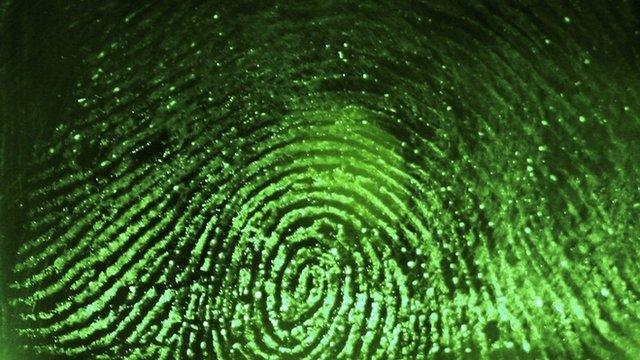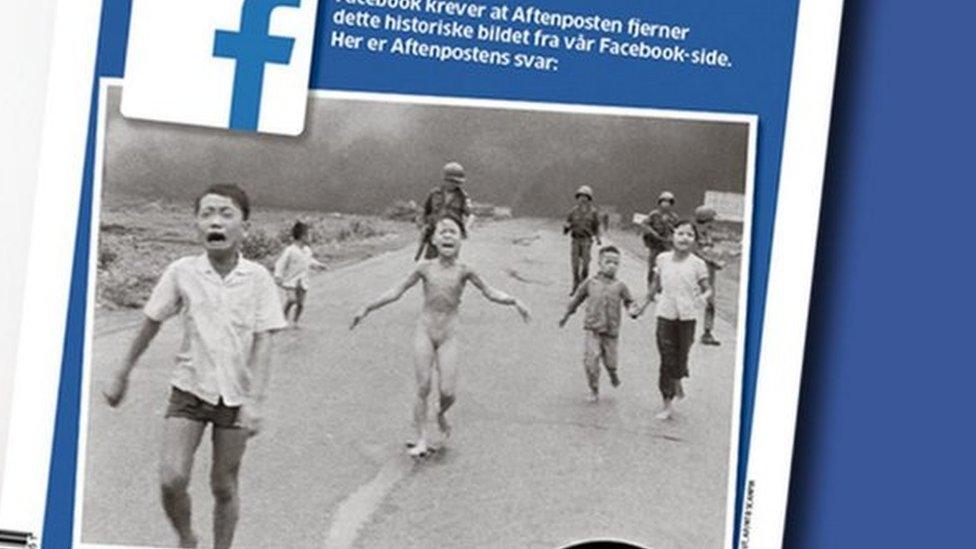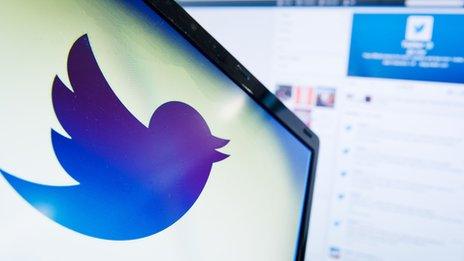Extremist images 'fingerprinted' by tech firms
- Published

The database will hold "digital fingerprints" of images and videos
Facebook, Microsoft, Twitter and YouTube are collaborating to stop violent, extremist images and video being spread via their sites.
The four tech firms plan to create a database that contains "digital fingerprints" of the content.
The database will be used to screen uploads in order to spot violent or extremist material before it is shared.
Eventually, the database will be made available to other firms keen to police this content.
"There is no place for content that promotes terrorism on our hosted consumer services," said a spokesman for Twitter in a statement.
He said the initiative was aimed at the "most extreme and egregious" images and videos.
The database would be populated with digital snapshots of images and videos known as "hashes", which were an industry standard way of uniquely indentifying a file, he added.
The hashes of content recognised as extremist or violent will be shared among the four firms, who can use them to scrub the same images from their respective sites and services.
Anyone who believed content they had posted had been incorrectly flagged as promoting terror groups would be able to appeal against its removal, said the statement.
Twitter's spokesman said the joint project would make the firms more efficient at removing content that violated their policies governing what could be posted and shared.
The tie-up between the four firms comes as the European Commission calls on US tech firms to act faster when tackling hate speech.
The EU's justice commissioner, Vera Jourova, said firms had fallen short of a commitment given six months ago in which they pledged to act within 24 hours of being told about hateful and racist content.
She said Brussels would introduce laws mandating swift action if tech firms did not start to respond more quickly.
- Published5 December 2016

- Published9 September 2016

- Published18 November 2016

- Published16 November 2016
